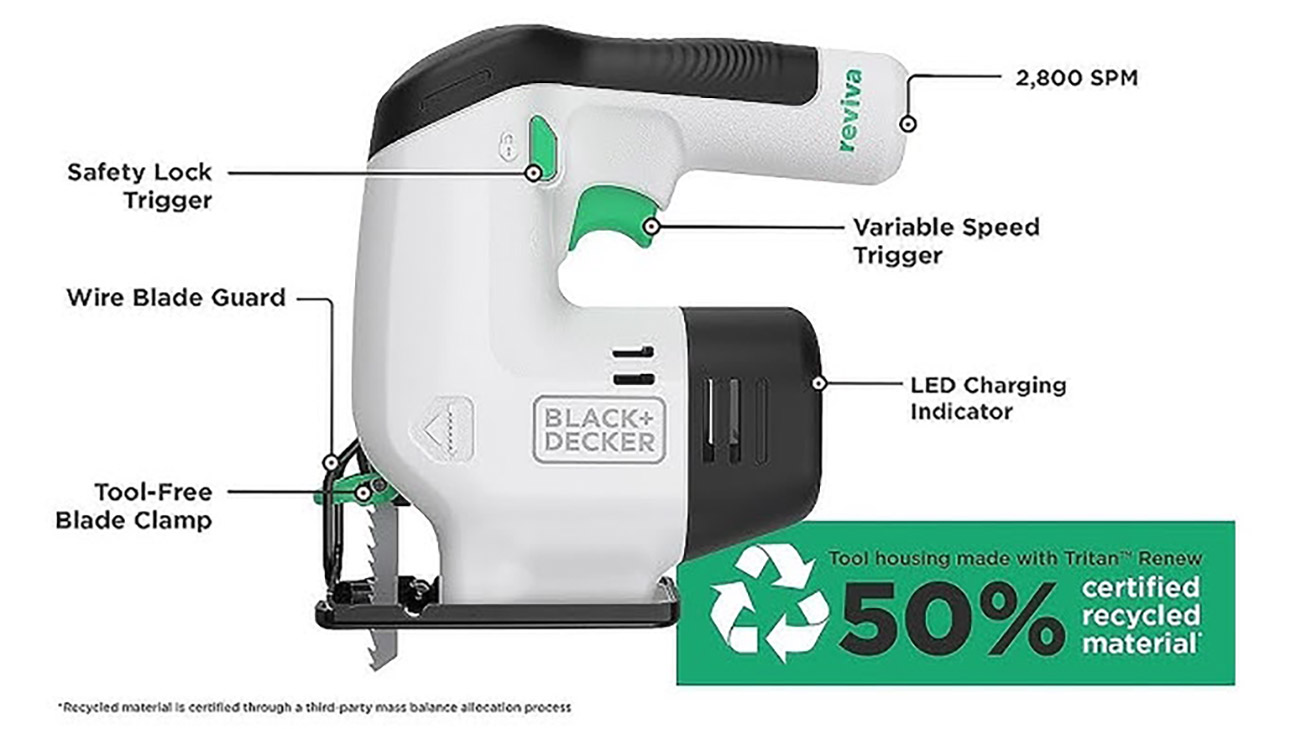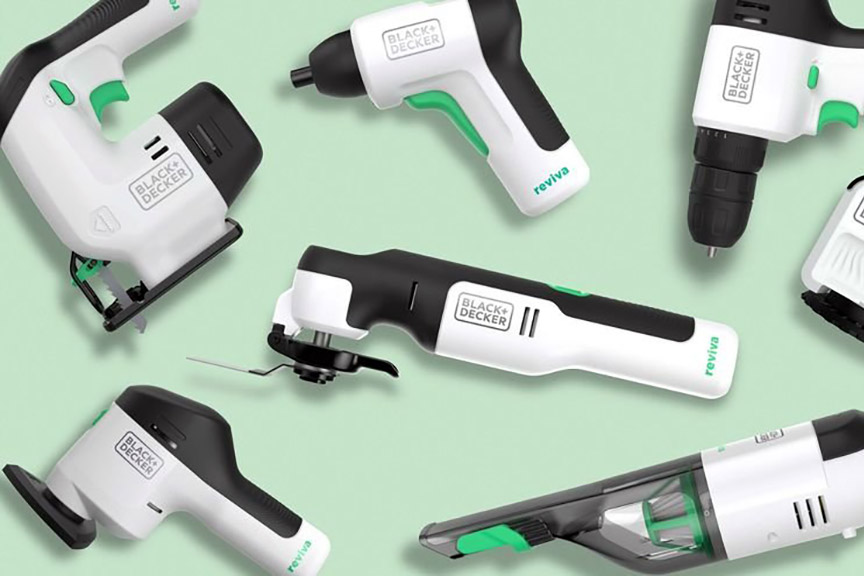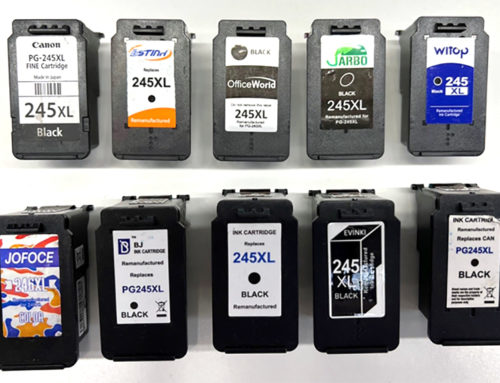In an era where environmental concerns are at the forefront of consumer preferences, the demand for sustainable products is on the rise. With 80 percent of US Gen Z and Millennial consumers expressing a desire for brands to prioritize sustainability, companies like Stanley Black & Decker are stepping up to the challenge. Partnering with Eastman, they have embarked on a transformative journey to create a new line of power tools, the BLACK+DECKER reviva™, that embraces circular design principles.
For Stanley Black & Decker, the journey towards circularity began with a clear sense of purpose: “For Those Who Make the World.” This guiding principle became the cornerstone of their environmental, social, and governance (ESG) strategy. Recognizing the importance of circular design in achieving sustainability goals, the company set out to create products that align with their commitment to sustainable innovation.
Understanding that consumers evaluate sustainability based on materials, BLACK+DECKER collaborated closely with Eastman to select the right circular materials. Eastman Tritan Renew copolyester, composed of 50 percent recycled material, emerged as the ideal choice. Produced using molecular-recycling technology, Tritan Renew not only met performance standards but also significantly reduced environmental impact. The decision to use a single recyclable plastic type facilitated the recycling process at the end of the tool’s life.

Circularity goes beyond incorporating recycled content; it involves planning for the product’s end of life. BLACK+DECKER designed the reviva™ line to be easily disassembled, with casings devoid of elastomer over-molds and an integral battery designed for straightforward removal during recycling. The company also actively supports battery-recycling programs and end-of-life tool programs, ensuring responsible disposal and recycling of their products.
While “circularity” may not be part of every consumer’s vocabulary, the story becomes compelling when translated into tangible products. Eastman’s consumer insights and marketing communications teams collaborated with BLACK+DECKER to craft and promote the reviva™ story. Highlighting the molecular recycling technology used in Tritan Renew, the teams brought the abstract concept of circularity to life, resonating especially with Gen Z and Millennial audiences.
The BLACK+DECKER reviva™ line stands as a testament to the power of circular design in the realm of power tools. Motivated by a strong sense of purpose, backed by innovative materials, and with a commitment to end-of-life responsibility, this product line embodies a sustainable approach. As consumers increasingly prioritize eco-friendly options, BLACK+DECKER’s circular economy journey sets a precedent for other brands to follow, proving that sustainability and high-quality products can go hand in hand.






